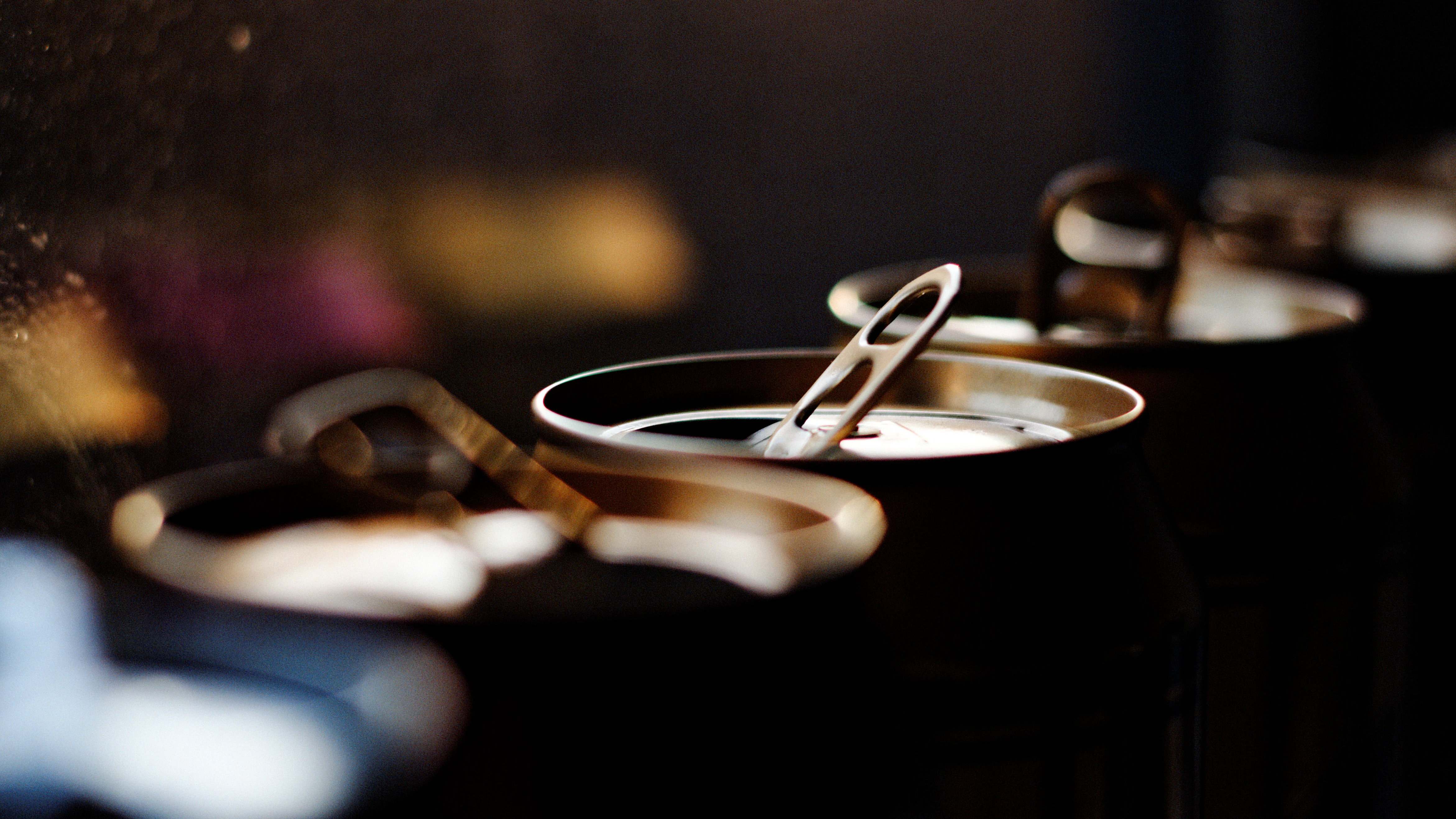Trump's Tariff On Aluminum Sucks For Breweries
Bottled beer used to denote quality, but over the past decade, drinkers have embraced cans in a big way. Breweries use a lot of aluminum to make all those cans, which is why the Trump administration's announcement this week of a 10-percent tariff on aluminum imports hits the beer industry hard.
"Like most brewers, we are selling an increasing amount of our beers in aluminum cans, and this action will cause aluminum prices to rise. It is likely to lead to job losses across the beer industry," MillerCoors tweeted.
Concerns that the tariff might cause beer prices to go up are probably premature, though. Breweries, especially larger ones, are waging a constant price battle to get you to pick their six-pack off the shelf.
"[Price increase] certainly is an option. But it's a tough time to pass along price increases to the consumer when there's so much competition in the market already," Chad Melis, marketing director for Longmont, Colorado-based brewery Oskar Blues, tells The Takeout.
Oskar Blues was one of the earliest pioneers of canned beer, and has never packaged its beer in bottles.
"If we're looking at somewhere between 20-24 cents per case [because of the tariff]; that's right around costing Oskar Blues an additional $400,000 a year," Melis says.
It's no wonder beer industry groups came out early in opposition to the tariff, voicing their concerns weeks ago in a letter to the president: "We estimate a tariff of 10 percent on this aluminum would cost beer and beverage producers $256.3 million... In sum, tariffs or import restrictions on aluminum will hurt the U.S. economy more than they will help U.S. smelters."
The Trump administration, for its part, claims the tariff would promote American-made aluminum and steel. Unfortunately, breweries and can manufacturers can't just switch to U.S.-made aluminum in a snap. "We buy as much domestic can sheet aluminum as is available; however, there simply isn't enough supply to satisfy the demands of American beverage makers like us," MillerCoors tweeted. "American workers and American consumers will suffer as a result of this misguided tariff."
For Oskar Blues' part, Melis says the increased costs make it more difficult for the brewery to grow, create jobs, and invest in its community. He cites the brewery's Can'd Aid Foundation, which has sent 1 million cans of drinking water to people affected by natural disasters; the tariff makes that charitable work more expensive. Oskar Blues also partnered with Ball Corporation to create the Crowler machine, a table-top device that allows small breweries to package individual cans of beer without purchasing an expensive, full canning line. He says increased aluminum costs could dissuade some small breweries from investing in packaging technology.
"The small brewers are probably going to feel it the most. A lot of them use cans and they're already strapped for cash and working 24 hours a day; they can't just necessarily work harder," he says. "The small brewers are going to feel it just like the large brewers are going to feel it."
